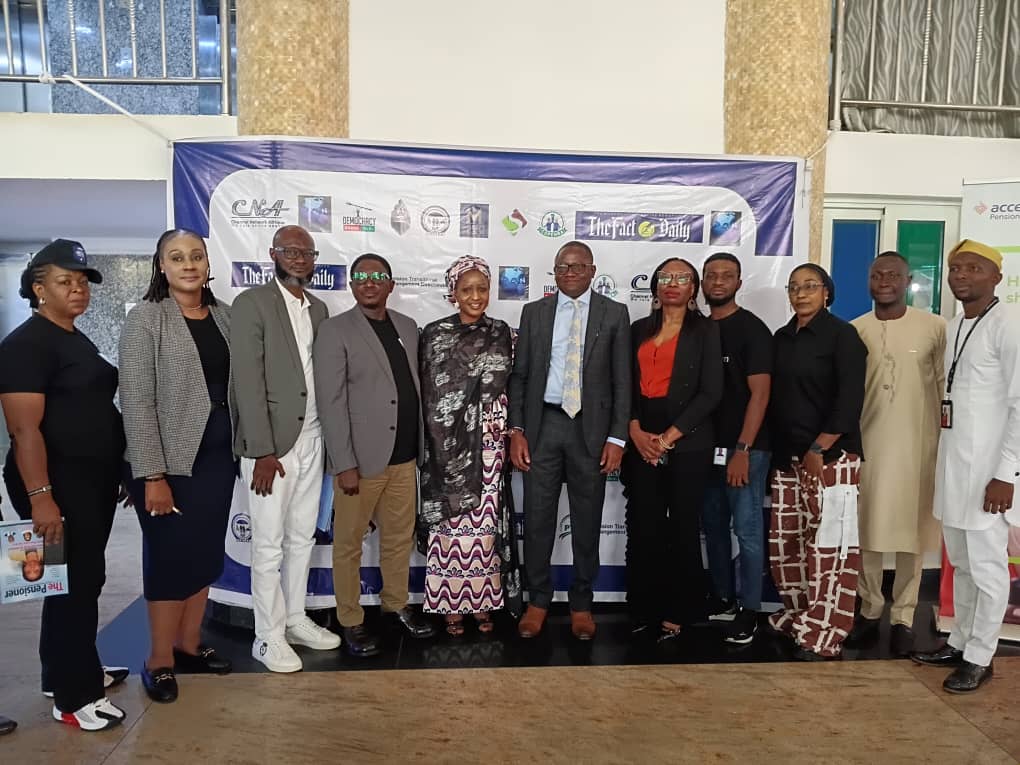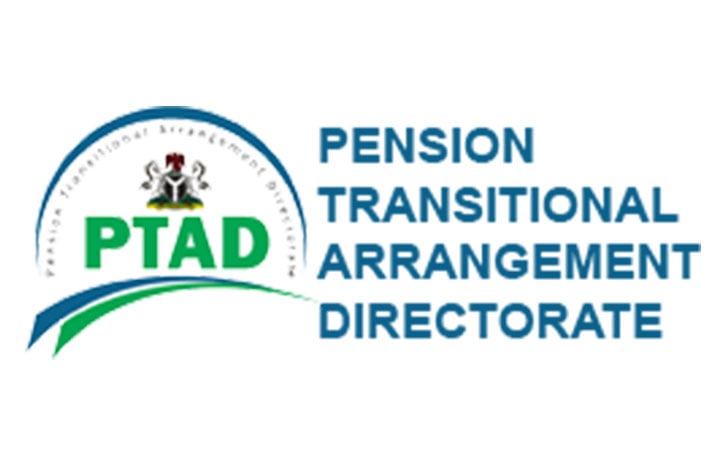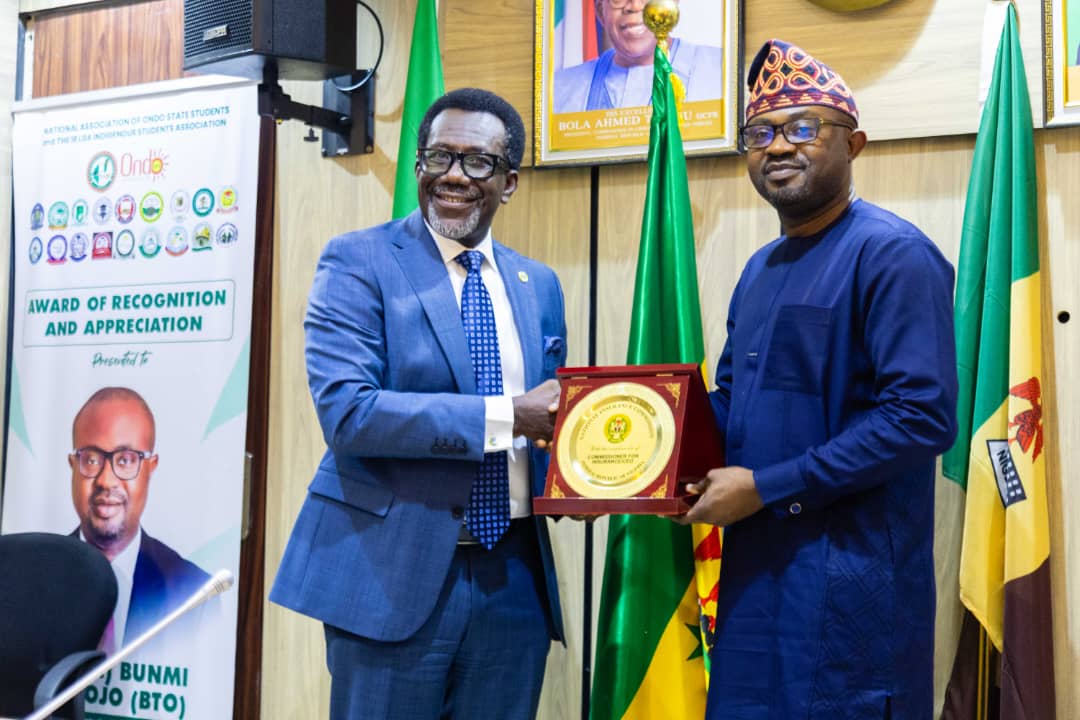
The National Pension Commission (PenCom) has reaffirmed commitment to providing pension coverage for an estimated 80 million Nigeria workers in the informal sector.
Director General of PenCom, Ms. Omolola Oloworaran, made this commitment while speaking at the 2025 Pension Correspondents Association of Nigeria (PenCAN) Conference in Abuja, with the theme, “Inclusion and Innovation: Bridging the Pension Gap for Nigeria’s Informal Sector.”
Ms. Oloworaran lamented the inability of the informal sector to have a pensionable retirements because of the limitations which were hitherto places around pension.
“I stand before you today to reaffirm our commitment to ensuring that every Nigerian, whether formally employed or not, has the opportunity for a secure and dignified old age. We recognise that while the formal sector is significant, it represents only a portion of our national workforce.
“A vast majority of Nigerians earn their livelihoods in the informal sector such as artisans, traders, market men and women, freelancers, creative professionals, agricultural workers, and participants in the gig economy. For far too long, many of these individuals have had little or no access to structured pension arrangements,” she said.
“Nigeria’s informal workforce is estimated at between 70 and 80 million people. Under- coverage in this segment means that the promise of retirement security remains a dream rather than a reality for many,” the DG added.
She also stated that the need to Introduce PPP, whose Guidelines have been released as part of the recently launched Pension Revolution, stemmed from the underperformance of the Micro Pension Scheme launched in 2019.
“The earlier Micro Pension Plan, launched in 2019, recorded a modest uptake of approximately 200,000 contributors and about one billion naira in assets, which, is far below the scale of the challenge.
The PenCom DG highlighted the five pillars of the Pension Revolution 2.0 initiative, to include “Inclusive Eligibility, Flexible Contributions and Access, Innovative Products and Delivery, Digitised Administration and Transparency, and Investment Strategy and Growth.
“With this approach, we anticipate a significant increase in pension coverage among informal-sector workers: greater financial inclusion, as they convert irregular earnings into long-term savings; the mobilisation of domestic capital for national development;, and, most importantly, improved retirement security for millions of Nigerians who previously lacked access to a structured pension system,” Omolola said.
She further called journalists to partner with the Commission by raising awareness especially to those in the Informal Sector in this transformative journey.
“Help raise awareness about the PPP, explain it in simple and relatable terms to artisans, traders, and small business owners, and showcase success stories of those who have joined, contributed, and are steadily building retirement security,” she requested.
Earlier, the Acting Chief Executive Officer of the Pension Fund Operators of Nigeria (PenOp), Ms.Anthonia Ifeanyi-Okoro, said that pensions are social contracts that translate decades of labour into dignity, security, and independence in later life. She also said the Personal Pension Plan (PPP) is a practical pathway to extend retirement security to the informal sector.
“A mature, inclusive pension system is a credit to any modern society. It reduces old age poverty, stabilizes household finances, and strengthens national resilience,” she noted.
“With pragmatic product design, and stakeholder collaboration, we can bring millions into retirement security.The human purpose behind pensions in Nigeria remains: to ensure that every Nigerian worker can look forward to a stable, and dignified retirement. By deepening coverage through the Personal Pension Plan (PPP), we make that promise a reality for millions more,” she emphasized.
Speaking on the recent launch of the Personal Pension Plan, the PenOp boss said, Ifeanyi-Okoro
The Personal Pension Plan (PPP) is not a theoretical construct; it is a practical pathway to extend retirement security to the informal sector.
“It is designed for flexibility — allowing lower minimum contributions, graduated entry points, and portability — so that those with irregular incomes can still accumulate retirement savings over time. It simplifies onboarding and supports digital contribution channels.
“By design, it offers flexibility of contribution, simplified registration, recordkeeping, benefits and options that match varied cashflow realities. Supported by consumer education, efficient technology, and trusted distribution partners—it will turn millions of informal workers from pension outsiders into pension participants.Therefore, extending pension coverage through the Personal Pension Plan (PPP) is not merely a policy task; it is an investment in Nigeria’s social and economic future.
“With pragmatic product design, and stakeholder collaboration, we can bring millions into retirement security.The human purpose behind pensions in Nigeria remains: to ensure that every Nigerian worker can look forward to a stable, and dignified retirement. By deepening coverage through the Personal Pension Plan (PPP), we make that promise a reality for millions more,” she noted.
Meanwhile, in her Welcome Address, the PenCAN President, Mrs Nana Musa, while appraising the PPP described the informal sector who are major contributors to National productivity ye often excluded from the formal Government interventions.
“As journalists dedicated to deepening public understanding of pension matters, we believe that closing this gap is central to achieving sustainable social security, reducing poverty, and promoting inclusive growth.”
She stated that the media rather than to be feared, “We see ourselves as partners in national development — using our platforms to amplify the voices of stakeholders, highlight progress, and hold institutions accountable in the collective quest for a secure retirement for every Nigerian worker.”
The PenCAN conference which is in its 3rd year awarded outstanding contributors to the sector with the promise to closely monitor other stakeholders contributions and recognized them as the need may arise.





